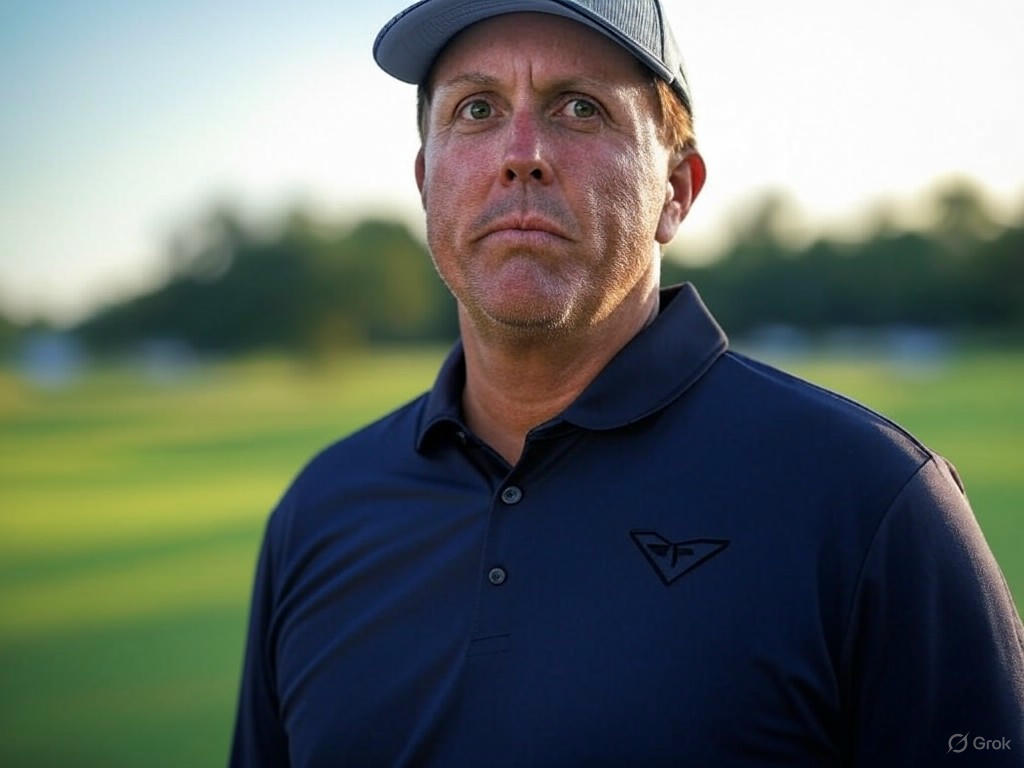Phil Mickelson’s Complex Legacy: A Champion Who Divided Golf
Phil Mickelson has long been a beloved figure in professional golf, a charismatic champion with a flair for dramatic finishes and an everyman appeal that endeared him to fans worldwide. With six major championships to his name, including a memorable Masters win in 2004, Mickelson’s on-course achievements are undeniable. His creative shot-making and relentless competitiveness made him a standout in an era dominated by legends like Tiger Woods. Yet, as his career progressed into its later stages, Mickelson’s legacy took a controversial turn, casting a shadow over his storied accomplishments and leaving the golfing world grappling with how history will remember him.
The turning point came with Mickelson’s involvement in the rise of a rival golf league, a move that many see as a fracture in the sport’s traditional structure. By aligning himself with a breakaway tour backed by significant financial investment, Mickelson became a central figure in a movement that challenged the established order of professional golf. On one hand, his actions brought attention to issues like player compensation and the need for innovation in a sport often criticized for being stuck in the past. Some argue that his willingness to push boundaries has paved the way for better opportunities for younger players, forcing the traditional tours to adapt and offer more lucrative deals. Mickelson himself has spoken passionately about wanting to improve the game for the next generation, framing his decisions as a fight for fairness and progress.
However, this bold stance has come at a steep cost to his reputation and to the unity of the sport. Critics argue that Mickelson’s involvement in the rival league has deepened divisions within golf, creating a rift between players, fans, and governing bodies. Tournaments that once united the best talent in the world now feel fragmented, with top players scattered across competing circuits. Fans, too, are torn—some admire Mickelson for shaking up a stagnant system, while others view him as a disruptor who prioritized personal gain over the sport’s heritage. His once-unblemished image as golf’s affable hero has been replaced by a more polarizing persona, with every statement and appearance scrutinized for deeper motives. The debate rages on about whether his contributions to player welfare outweigh the damage done to golf’s collective spirit.
As Mickelson’s playing days wind down, the question of his legacy looms large. Will he be remembered as the daring innovator who forced golf to evolve, or as the catalyst for a schism that may take years to heal? Perhaps the answer lies somewhere in between—a brilliant career marked by unparalleled highs on the course, yet complicated by off-course decisions that reshaped the sport in ways no one could have predicted. One thing is certain: Phil Mickelson’s name will forever evoke both admiration and controversy, a testament to a man who played by his own rules, for better or worse.


